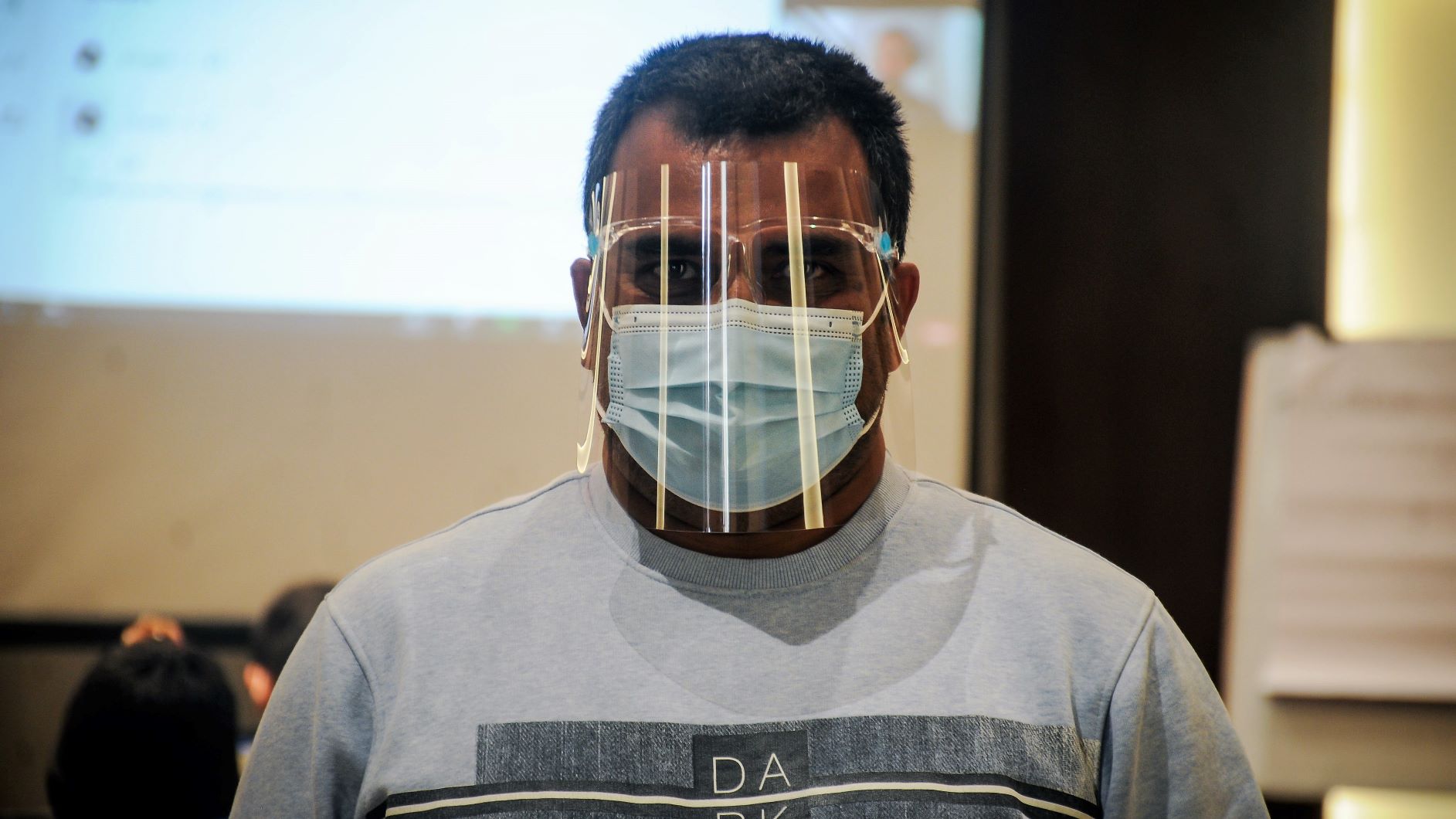Personal information posted on internet’s social media such as Facebook, Twitter and discussion forums are not private – rather they are public information viewable by unintended people legally
Last week, two of my friends – a journalist and a blogger, both of whom I follow on the popular microblogging site, Twitter – exchanged numerous postings debating the privacy of those short messages called tweets. As hundreds of others who follow them on Twitter, I was silently reading all those postings.
 Their debate revolved around whether any newspaper, without informing the person who posted the message on Twitter, could reproduce them in print. There were arguments for and against the topic, and towards the end of the debate, the blogger, to some extent, agreed that newspapers could.
Their debate revolved around whether any newspaper, without informing the person who posted the message on Twitter, could reproduce them in print. There were arguments for and against the topic, and towards the end of the debate, the blogger, to some extent, agreed that newspapers could.
Interestingly, the debate took me to the old fire that’s still burning globally – the issue of privacy in the age of digital media. Although Professor Susan Barnes had eloquently asked in 2005 “ in an age of digital media, do we really have any privacy?” The debate of privacy is still a pertinent issue with various different court rulings, corporate rules and opinions popping up from around the world frequently. Within all that, majority of people now agree that privacy is a tricky issue in the age of digital media, and apart from individual becoming aware of what they post online, there is little that can be done to ensure the privacy.
Privacy, as defined by Simson Farfinkel in his book Database Nation: The Death of Privacy in 21st Century (2000), is the “rights of people to control what details about their lives stay inside their own houses and what leaks to the outside.” In the digital sphere, internet is not within the house rather it’s just outside the boundary wall.
Social media thrives on the constant advancements in technology. On a broad scale, social media, as we know is various loosely connected services and tools available on the internet that empower individuals to communicate with one another or to a community and track the opinions and discussions. It includes blogs, microblogs, social networking sites, discussion forums, bulletin boards and even multi-user online games.
An important technological aspect of those internet sites is that everything posted there are archived – even if user deletes them, there are possibilities that they could be recovered. Instead of replacing old information with new one, social media archives old informations which are searchable. This aspect makes internet a big threat concerning privacy of people who are not careful about what they post online.
Are tweets private?
Absolutely not! The social media guideline of the International Federation of Red Cross (IFRC) puts it in the best way:
Personal information posted on internet’s social media such as Facebook, Twitter and discussion forums are not private – rather they are public information viewable by unintended people legally
While communication through social media networks is primarily a personal matter, this is not the same as it being private. In a lot of cases, written conversations inside these networks can be found through search engines such as Google. Even in cases where only your contacts can see what you write, there is a possibility that one of them will forward what you say and make it visible to a wider audience. As a result, personal conversation within social media networks should be considered public rather than private.
When something is posted on Twitter, it immediately becomes public. If the tweeter has not protected the tweet, then it becomes viewable to everyone. In the case of the tweeter protecting the tweets, it’s viewable only to his followers – those people whom the tweeter has accepted as someone who can receive, reply and, most importantly, re-tweet the message. Re-tweeting is sending a message from a third person to the followers of the person who re-tweets. So even those tweets that are protected are not entirely private – rather they are more public in nature, because they can be re-tweeted.
Twitter, or any other sites, allows users to take some actions – such as replying, re-tweeting or protecting tweets. When someone is signed to the service abiding by their policies, s/he also agrees to the use of all those functions available in the services. This basically means that a user cannot complain if his/her protected tweets are re-tweeted publicly by someone else.
This applies to other sites as well. In Facebook, there are numerous ways to protect the content from unintended viewers but, despite that, they do not completely ensure privacy. In many websites, an individual can control very less, such as in discussion forum, where there are hardly any ways of protesting postings.
Public awareness
Understanding that messages posted online on social media are public rather than private with an archival system in place; and that there is very little an individual can do to protect those messages from unintended people is the first and most important awareness note. The best way to protect the privacy online and, more so, on social media is not posting messages that are not intended to be public messages.
Reproduction of tweets or Facebook messages or any other internet postings, on the newspaper, television or radio, is an increasing trend. Questioning their ethical standard for the publication of such things is a different story and, as in the case of the Twitter debate between my friends, leads nowhere.
Personal is not private, rather it is public on the internet – and use of it with the knowledge is the best way to protect individual privacy.
(Originally published on Republica.)

